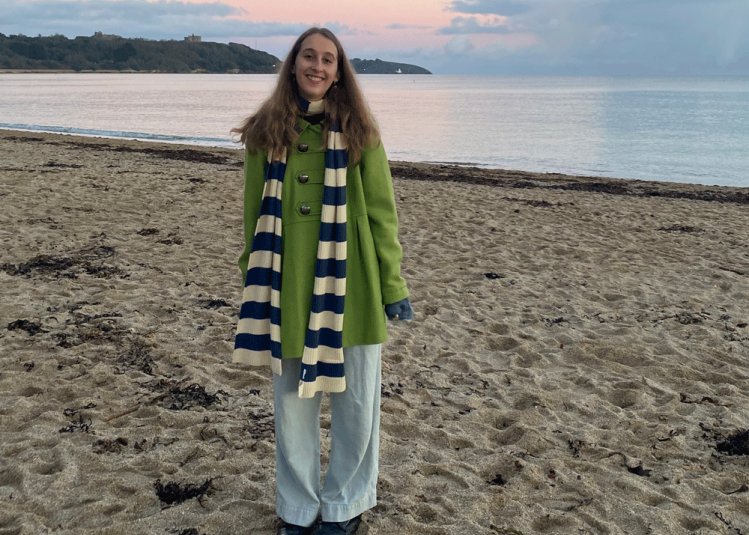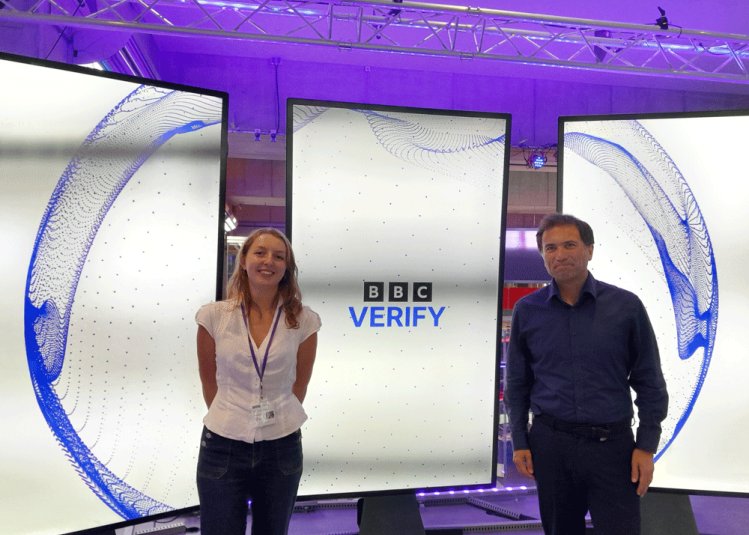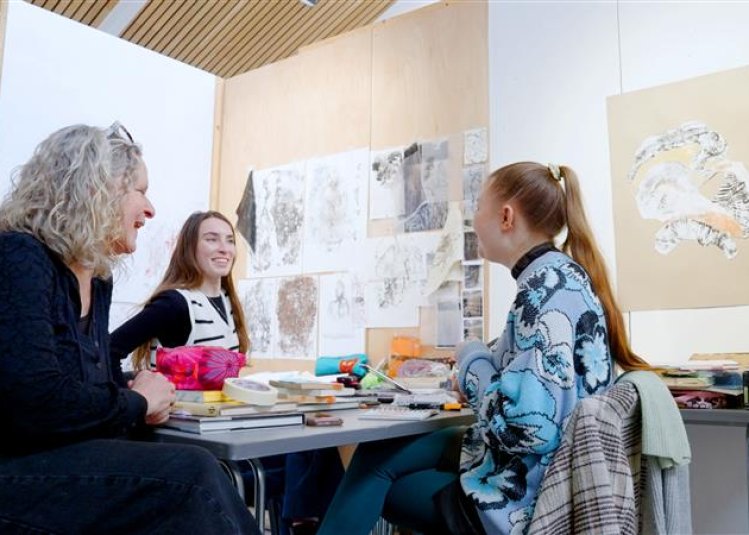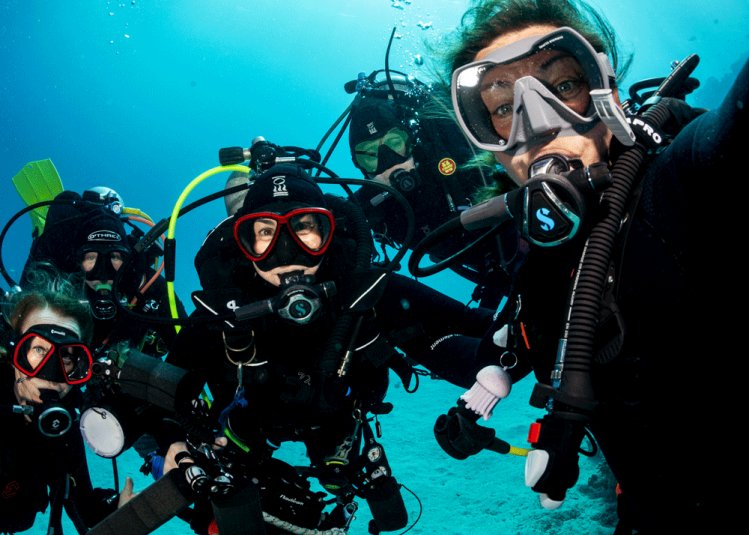Exploring neurodiversity through Polaroid photography
25 June 2025
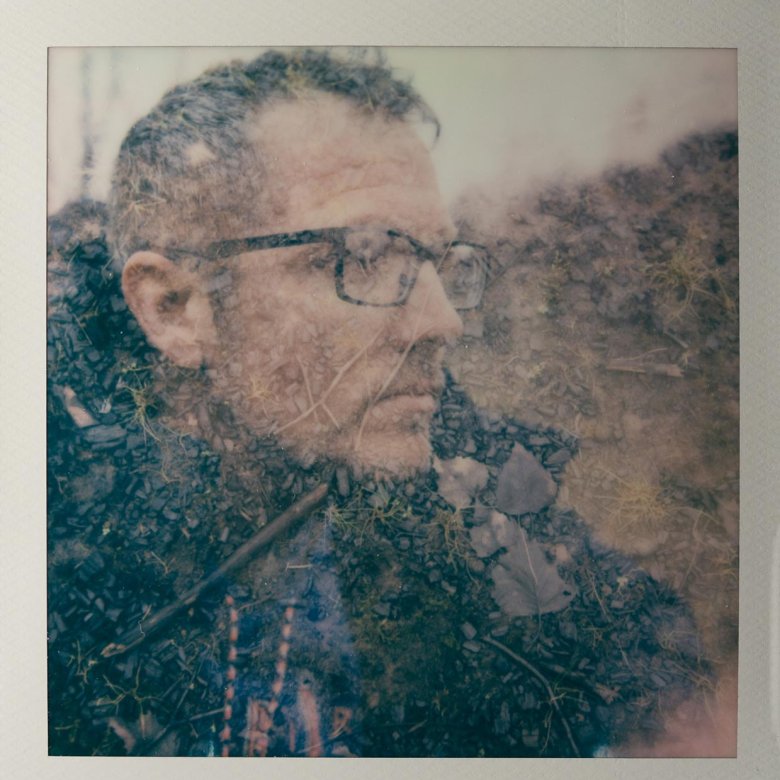
Work by Dean Cook
When Dean Cook began the Innovate module on Falmouth University’s Photography BA(Hons) (Online) course, he saw an opportunity to delve into something deeply personal - his experience of being autistic. The result was Concentrate, a raw and compelling body of work that uses Polaroid photography, tactile processes, and archival materials to explore themes of neurodivergent identity and acceptance.
In this Q&A, Dean shares the inspiration behind the project, how the course supported his creative journey, and why online study has been the right choice for him.
Could you tell us about your photography project, Concentrate?
Concentrate is a project that I created during the Innovate module on the Online Photography degree. The module allowed students to pick their own topic, which gave me the freedom to explore my experience of being autistic. My idea was to create a series of images that captured the feelings, habits, and traits that are typical associated with autism. The series allows a glimpse into things like social issues, meltdowns, anxiety, stimming, sensory overload, and suicidal thoughts. Through Concentrate, I wanted to increase awareness around what it’s like to be autistic, at the same time, being a cathartic process for myself. Becoming more self-aware and accepting of who I am is very important, especially as I have no formal autism diagnosis.
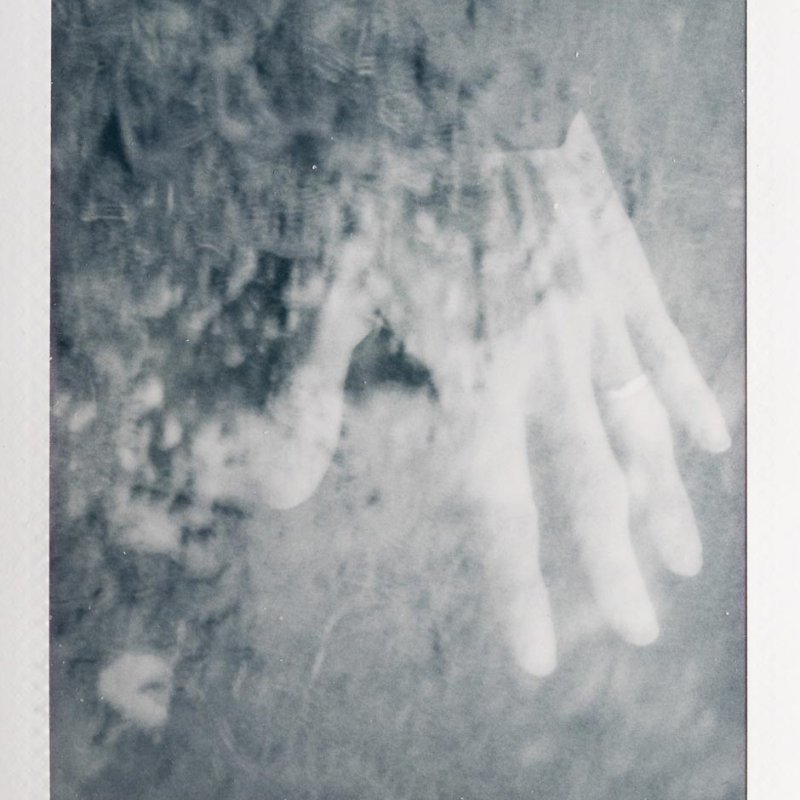
Work by Dean Cook

Work by Dean Cook
Why did you choose to use Polaroid photography and archival materials in the project?
I personally find myself drawn to film/Polaroid. To me, digital images look flat, whereas film photography has a dynamic range, noise, and a more textured look. I also wanted a more tactile media, which would allow people to pick up and look closer at those photos. The archival images of my school reports are a glimpse into my school life. Words like ‘needs to concentrate’ were common, yet my grades were high. I believe the problem was that I was concentrating too much and the work wasn't challenging enough.
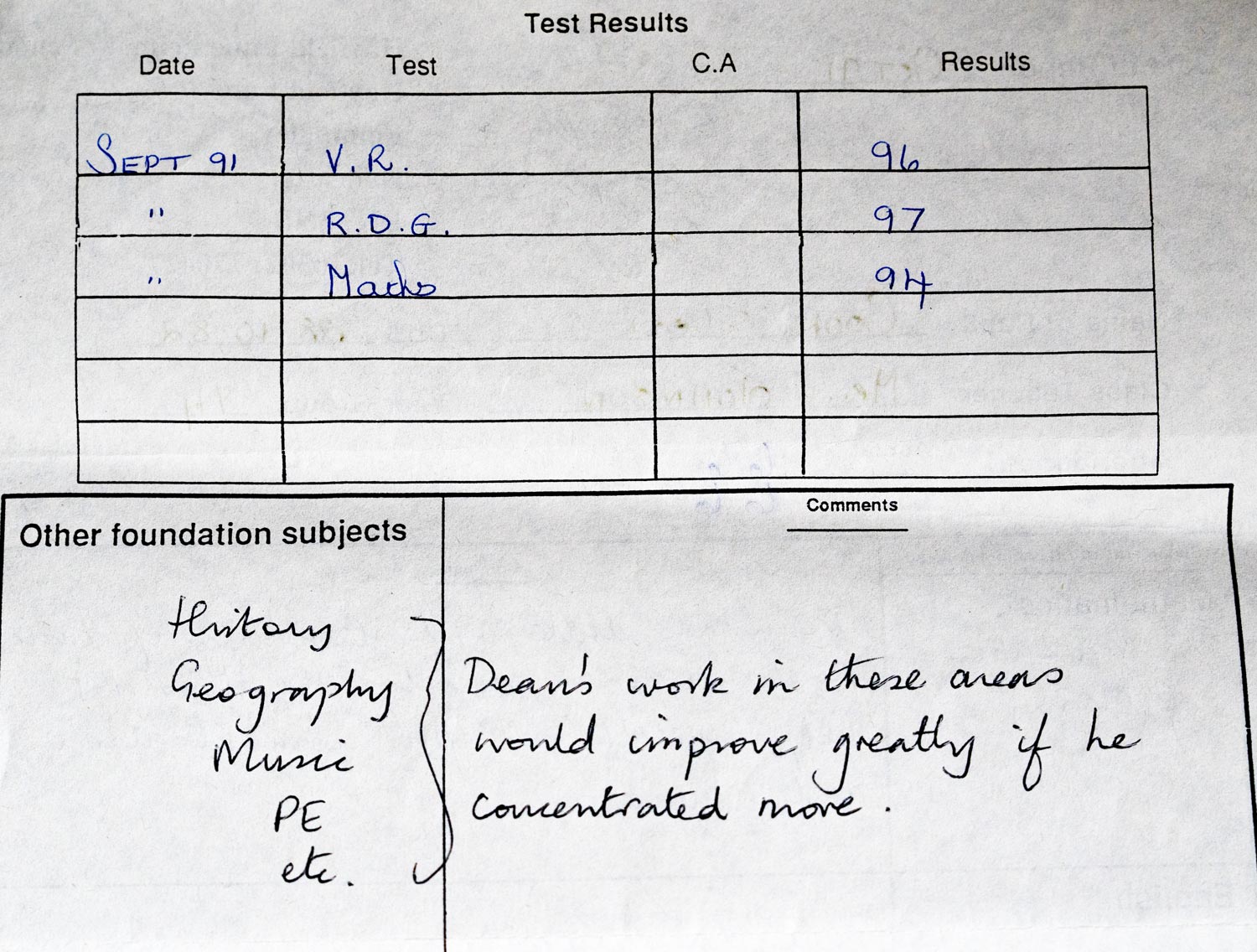
Falmouth University is very supportive, and the staff are willing to help their students, with or without an official diagnosis.
How did exploring neurodiversity through photography challenge or expand your creative practice?
I didn't have a lot of experience working with instant film, which was perhaps the biggest challenge for me. As well as researching the technical side of using instant film, I experimented with manipulating my photos and adding even more texture and layering. I did this with double exposure, by dry lifting the Polaroids and then layering them together, and scratching/marking the instant film as it was developing.

Work by Dean Cook
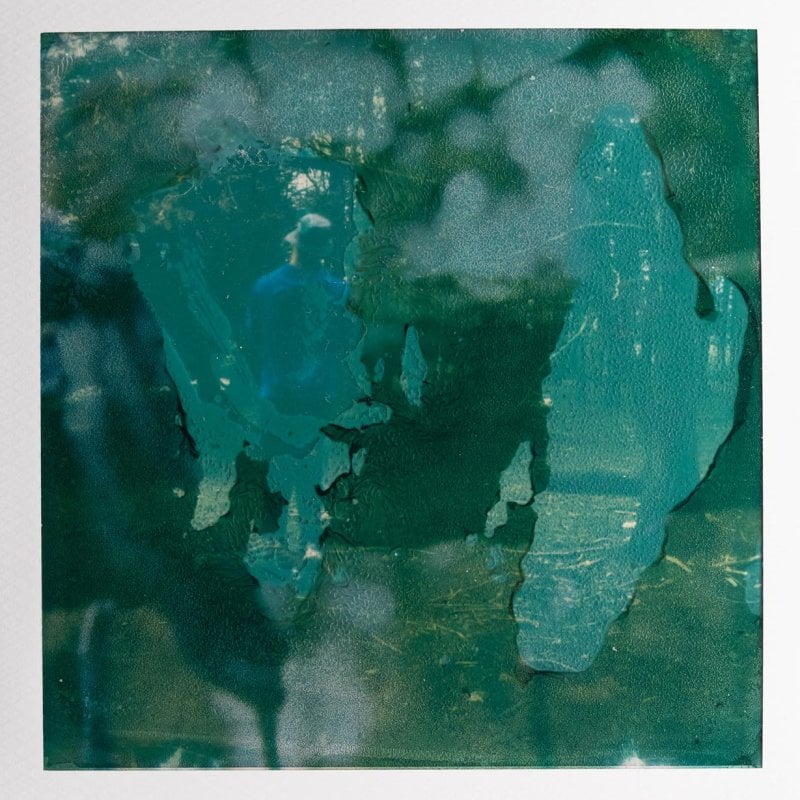
Work by Dean Cook
How has the Photography BA(Hons) (Online) course supported you in developing this highly personal and reflective body of work?
I was fully supported by the tutors and course leader to develop my project. Previous modules had also helped hone my skills as a photographer. The staff really helped to guide me and encouraged me to delve into my own journey with this project. I certainly feel more prepared for my final year and the Final Major Project that is coming up.
What has surprised you most about studying photography in an online environment?
I am surprised at how much stronger and more driven I have become as a person. You really need to plan your week and fully commit to the online degree to get the most out of it. This is especially true to those who work full time or have a family. My weekends typically revolve around studying. This is mostly because I know I will hyperfocus, so I prefer to get as much done as I can during the weekend, then, in the week, I can focus on my job at a specialist employability college that works with young people who are predominantly neurodivergent.
What advice would you give to other neurodivergent students considering an online creative degree?
I think the best advice is to believe in yourself and create your own plan of how to achieve your goals. An online degree gives a lot of advantages to those who are neurodivergent. For example, it’s more flexible, you can work at your own pace and fit studying around your home/work life. Also, Falmouth University is very supportive, and the staff are willing to help their students, with or without an official diagnosis.
External links
